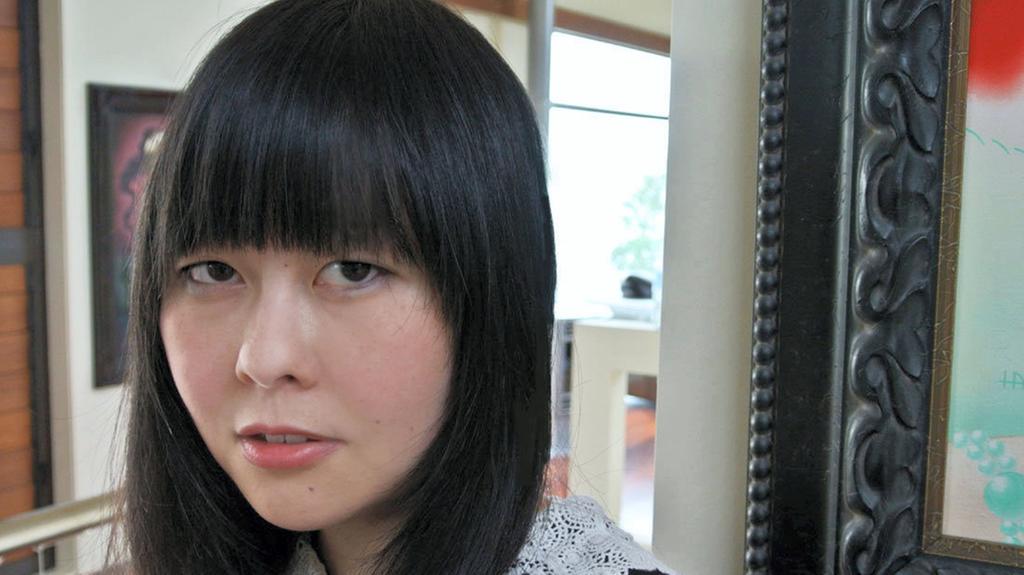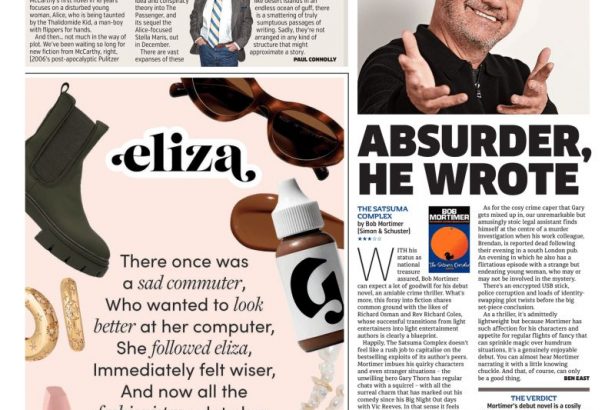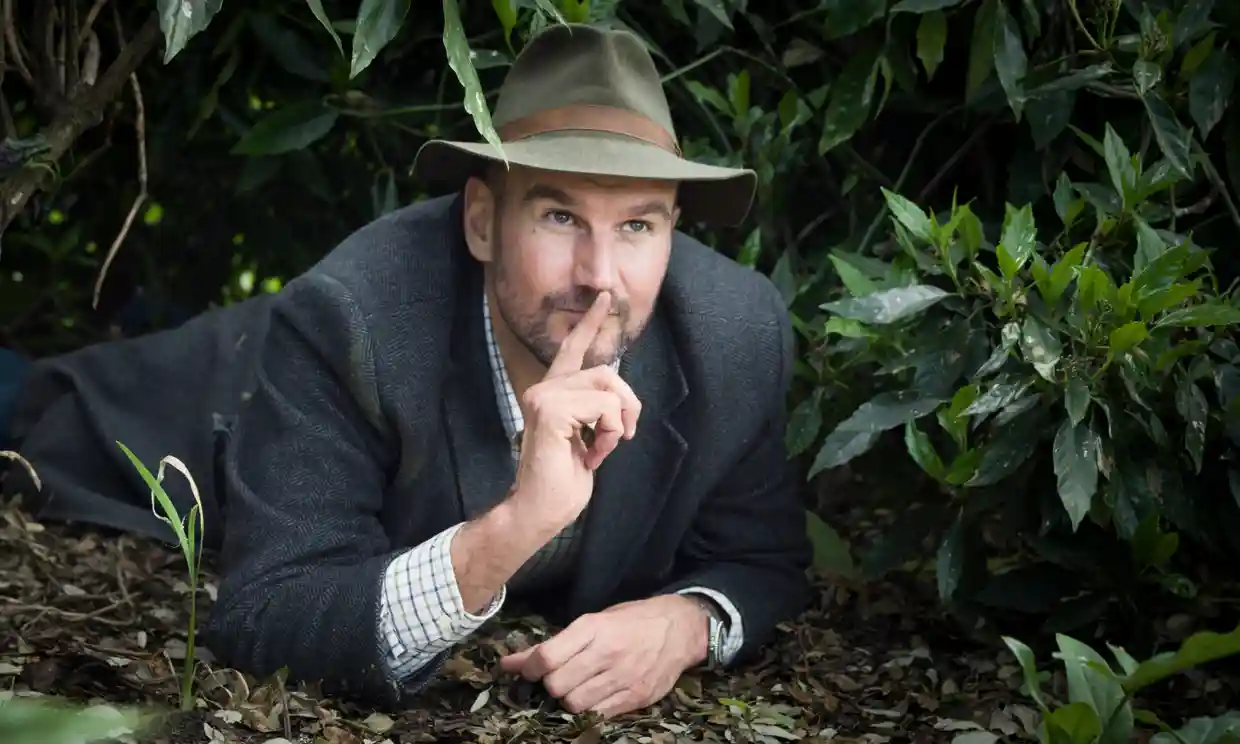The National, November 2017
It’s not so long ago that writers, publishers, readers and critics alike were bemoaning contemporary poetry’s inability to cross into the mainstream. It wasn’t dead, so much as moribund. But try telling New Zealand’s Lang Leav that you can’t make a living with stanzas and couplets.
When she started posting her poems on Tumblr in 2013, Leav quickly found a young audience eager to read her musings on love and loss, self-awareness and feminism. Before she knew it, she’d become an international bestseller, at the vanguard of the “Instapoet” scene with the likes of the Indian-Canadian superstar Rupi Kaur.
“Honestly, I posted two poems on Tumblr, a literary blog picked it up and my work went viral,” says Leav, still clearly unable to believe how quickly her writing took off. “I was absolutely astounded.”
It has propelled the 34-year-old to the kind of literary profile she could never have dreamed of, and given her the opportunity to write a debut novel, Sad Girls. Out earlier this year, it’s a coming-of-age drama featuring a young girl dealing with death and ill-timed romance.
At the Sharjah Book Fair, Leav will talk about how to capture young readers – so the combination of her online poetry and this new novel surely makes her the ideal sage.
“Young people absolutely inhabit the digital world, so you have to find new and creative ways to make your presence felt,” she says. “So social media is a fantastic tool – Twitter especially is snappy and immediate. Strangely, for all I was called an Instapoet, I didn’t actually go on Instagram until a couple of years ago. I’d had two bestselling published books by then.”
Interestingly, Leav thinks that Tumblr, Twitter, Facebook and Instagram all have their own individual personality. For example, Instagram isn’t actually a text medium – it requires images of the lines of poetry to be uploaded – so the poems are often short, immediate and desperate to grab attention. The first line of Leav’s poem The Last Time, which was published on Twitter using an uploaded image, sums up this approach. It begins: “When was the last time you said I love you and meant it”.
Angsty. But the fans love it: Leav has 1.8 million followers across her various networks.
“It’s pretty amazing,” she says. “Each generation cultivates a language all of their own, and it’s meant to be exclusive. So, if you want to get into that world, you have to speak their language – not least because now you’re competing with gaming, Netflix and so on.”
Leav has been posting lines from her novel Sad Girls as “mini-cliffhangers” and finding that readers are desperate to find out more. And if there’s a connection between a tweet like “your first love isn’t the first person you give your heart to – it’s the first one who breaks it,” and her poetry, then that’s deliberate. “There’s a lot of melancholy in both,” she admits.
“I was born in a refugee camp and grew up in a small migrant town in Western Sydney. There was this environment of sadness, and hearing all the stories of displaced people was bound to have an impact on my life. So I wanted to create a protagonist in Sad Girls who wasn’t perfect, who has flaws, who is authentic.”
Whether the novel will have the same impact as her poetry remains to be seen. What is certain is that the poetry sections of bookstores are probably the biggest they’ve been in years. Leav is, genuinely, partly responsible for this encouraging state of affairs. For her, if that means young people then go on to read Emily Dickenson or Robert Frost, then so much the better.
“They wrote poetry for their time – I’ve just adapted that and made it a bit more modern,” she says, modestly. “But yes, you’d have to say poetry has become a bit of a movement – and I’m thrilled and proud to be a part of it.”
Lang Leav is at the Book Forum, Sharjah International Book Fair, on Thursday at 7.15pm


